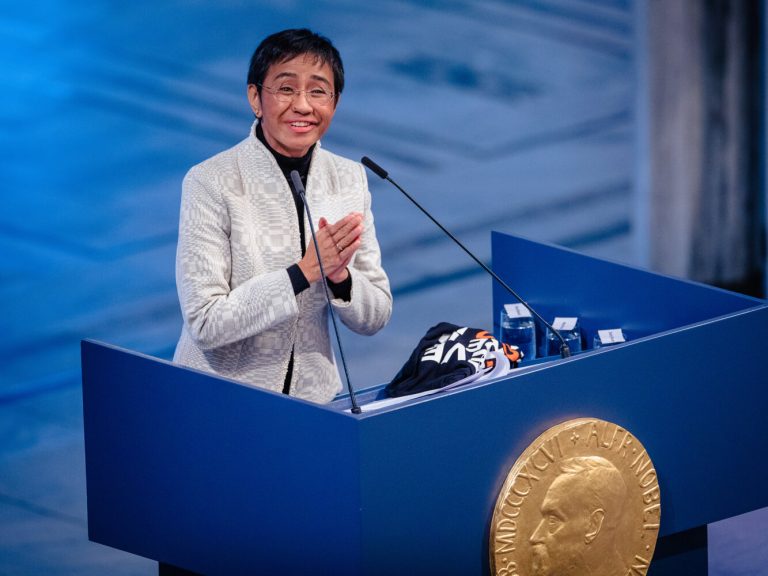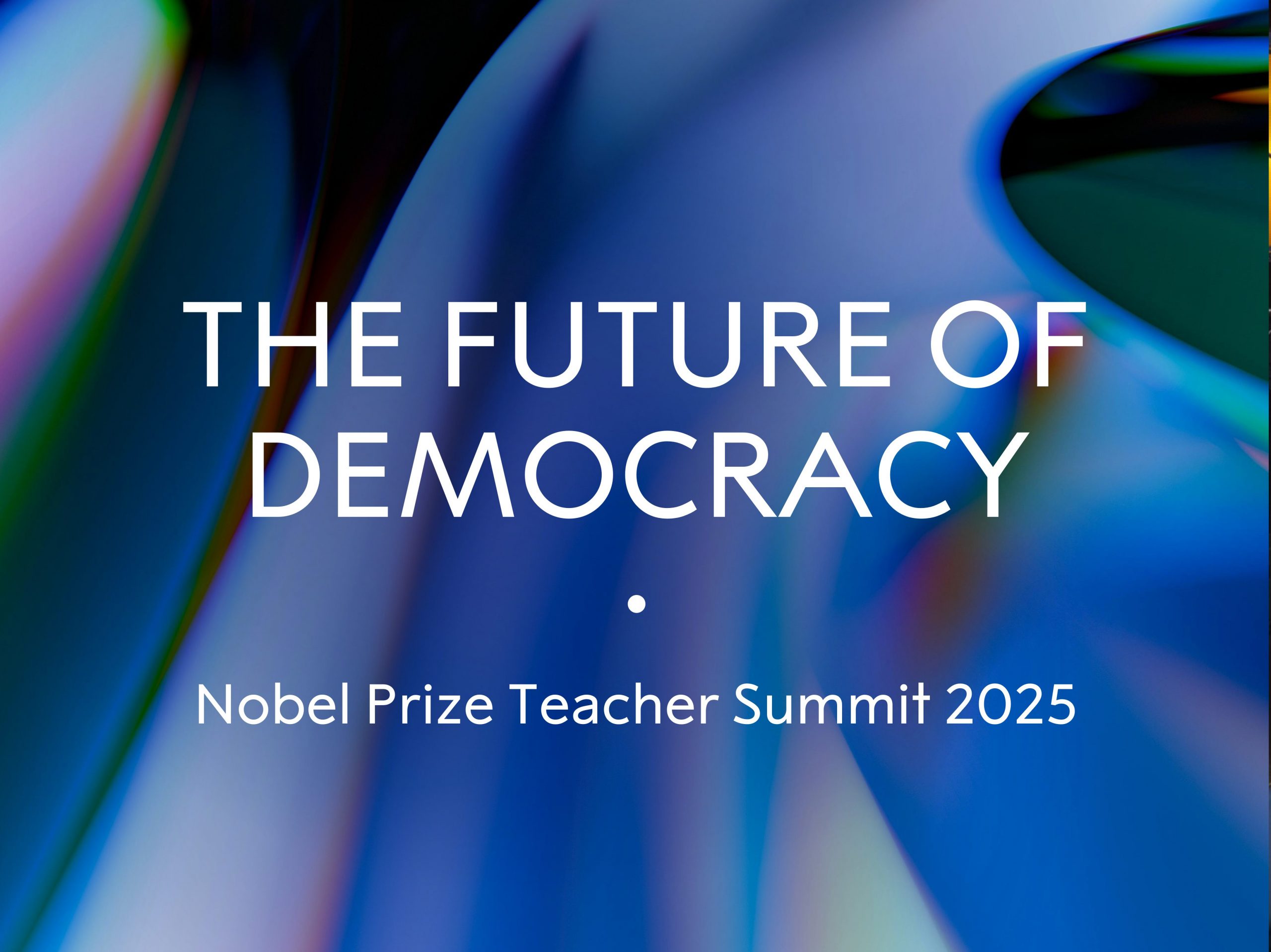Speakers
Leymah Gbowee, Nobel Peace Prize 2011
Maria Ressa, Nobel Peace Prize 2021
Daron Acemoglu (pre-recorded video), Economic sciences laureate 2024
Christopher Castle, Director of the Division of Peace and Sustainable Development Education Sector at UNESCO
Mathias Demetriades, Project leader at Sida, Educator and Writer
Virginia Dignum, Professor of Responsible Artificial Intelligence at Umeå University
John Hassler, Professor of Economics at Stockholm University
Alexander Hudson, Senior Adviser, Democracy Assessment, International IDEA
Claudia Lenz, Professor of Social Science at MF Norwegian School of Theology
Staffan I. Lindberg, Professor of Political Science and Director of the V-Dem Institute
Berit Reiss-Andersen, Lawyer, Author and former Chair of the Norwegian Nobel Committee
Adam Taal, Artist and entrepreneur
Pontus Wallin, Project manager at the Swedish Institute for Educational Research
Hugo Wester, Director of Education at the Swedish National Agency for Education
Maria Wetterstrand, Former politician and Spokesperson for the Green Party in Sweden, currently consultant on strategic sustainability and EU affairs at the consultancy Miltton
Åsa Wikforss, Professor of Theoretical Philosophy at Stockholm University
Karin Årman, Ph.D in Educational Work and Project Manager at the Living history forum
Nobel Prize Museum Team
Carin Klaesson, Content Manager of Public Programs
Gustav Källstrand, Chief Program Editor
Helena Barrett, Education Director
Pontus Thunblad, Deputy Director of Education
Sara Engkvist, Museum Educator
Charlotta Jeppson, Museum Educator
Anna Ålander, Museum Educator
Paulina Wittung Åman, Museum Educator
-
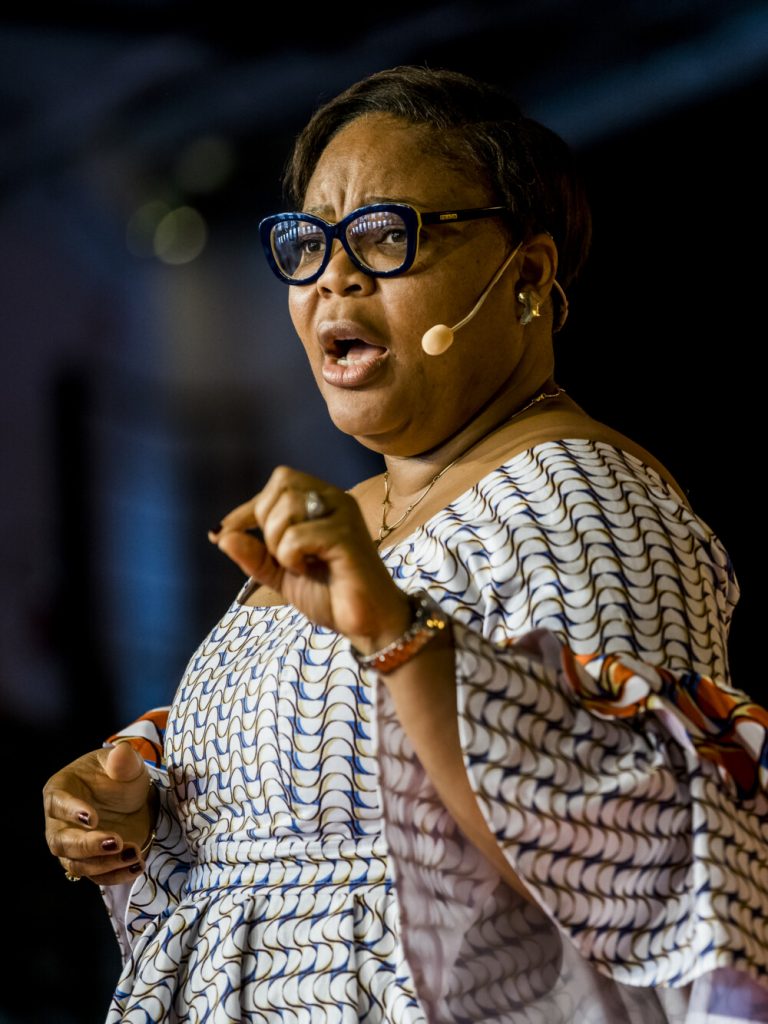
© Nobel Prize Outreach AB. Photo: A. Mahmoud
-
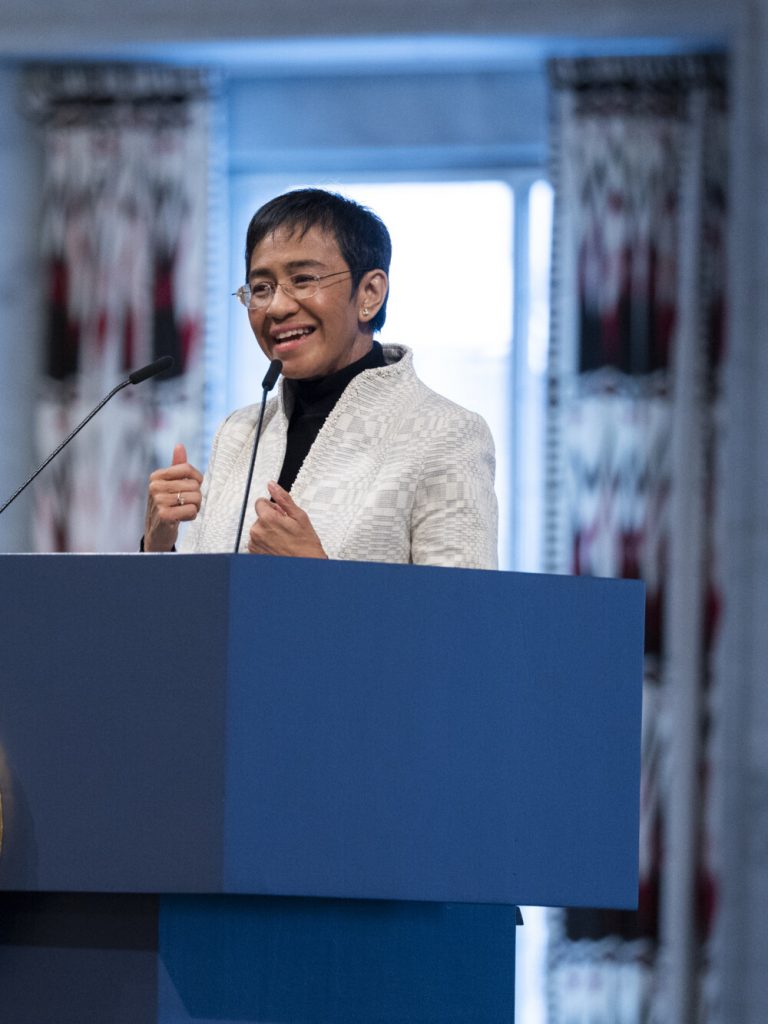
© Nobel Prize Outreach. Photo: Jo Straube.
-
© Nobel Prize Outreach AB. Photo: A. Mahmoud
-
© Nobel Prize Outreach. Photo: Jo Straube.
Leymah Gbowee
Leymah Gbowee was awarded the Nobel Peace Prize for her non-violent efforts to promote peace and her struggle for women’s rights.
In 1990 civil war broke out in Liberia. Leymah Gbowee underwent training in trauma therapy in order to take care of traumatised child soldiers. In 2002, she organised the grass roots movement, Women of Liberia Mass Action for Peace, which held meetings at which Christian and Muslim women jointly presented a non-violent message of peace. These demonstrations were instrumental in pressuring President Charles Taylor to sign a peace agreement in 2003.
Leymah Gbowee then spearheaded efforts to mobilise Liberian women to vote for Ellen Johnson Sirleaf in the 2005 presidential elections. This support was a crucial factor in Sirleaf’s election victory. In 2008, Gbowee played a key role in the award-winning documentary film “Pray the Devil Back to Hell” on women’s unique struggle during the Liberian civil war.
Read more here.
Maria Ressa
Maria Ressa co-founded Rappler, the top digital only news site that is leading the fight for press freedom in the Philippines. As Rappler’s CEO, Maria has endured constant political harassment and arrests by the Duterte government, forced to post bail ten times to stay free. Rappler’s battle for truth and democracy is the subject of the 2020 Sundance Film Festival documentary, A Thousand Cuts.
For her courage and journalistic integrity, Maria has received numerous accolades. In October 2021, she was one of two journalists awarded the Nobel Peace Prize in recognition of her “efforts to safeguard freedom of expression, which is a precondition for democracy and lasting peace.”
In 2022, she was appointed by the United Nations Secretary-General to the Leadership Panel of the Internet Governance Forum and serves as its Vice-Chair.
She is a Professor of Practice at the Institute of Global Politics at Columbia University’s School of International and Public Affairs, where she leads projects related to artificial intelligence and democracy.
Maria authored Seeds of Terror: An Eyewitness Account of Al-Qaeda’s Newest Center of Operations in Southeast Asia and From Bin Laden to Facebook. Her most recent book, How to Stand Up to a Dictator, was released in November 2022 and has been translated into more than 20 languages.
Maria focuses critical attention on the breakdown of our global information ecosystem and how interconnected communities of action can hold the line to protect democratic values.
Read more here.
-
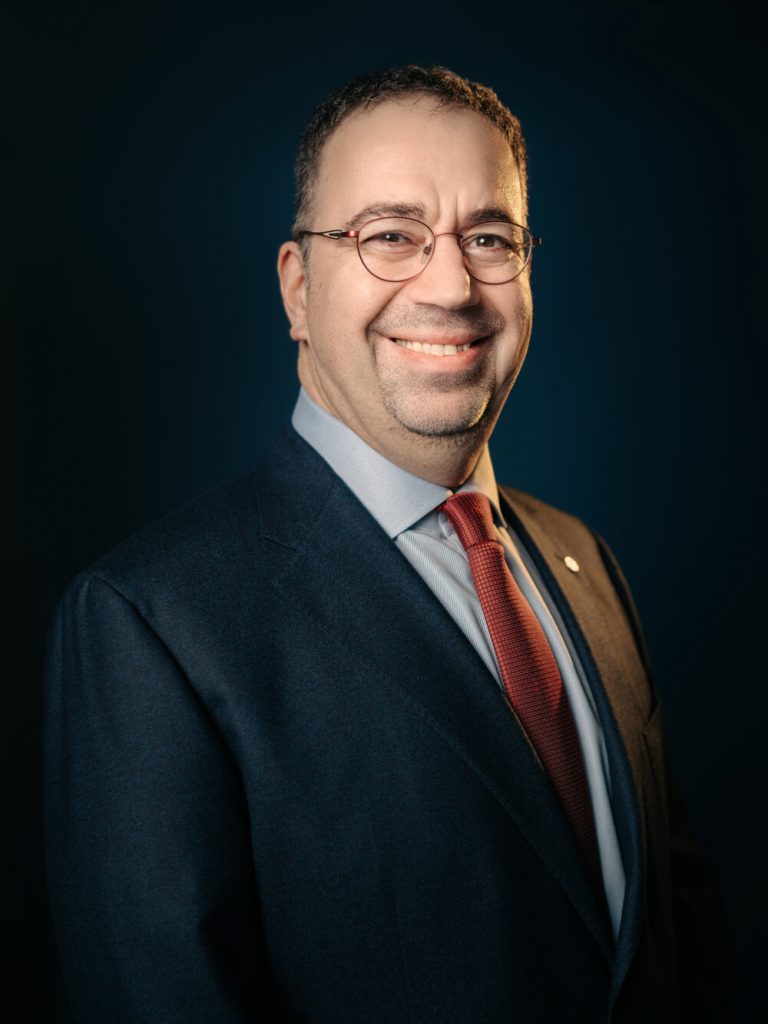
© Nobel Prize Outreach. Photo: Clément Morin
-
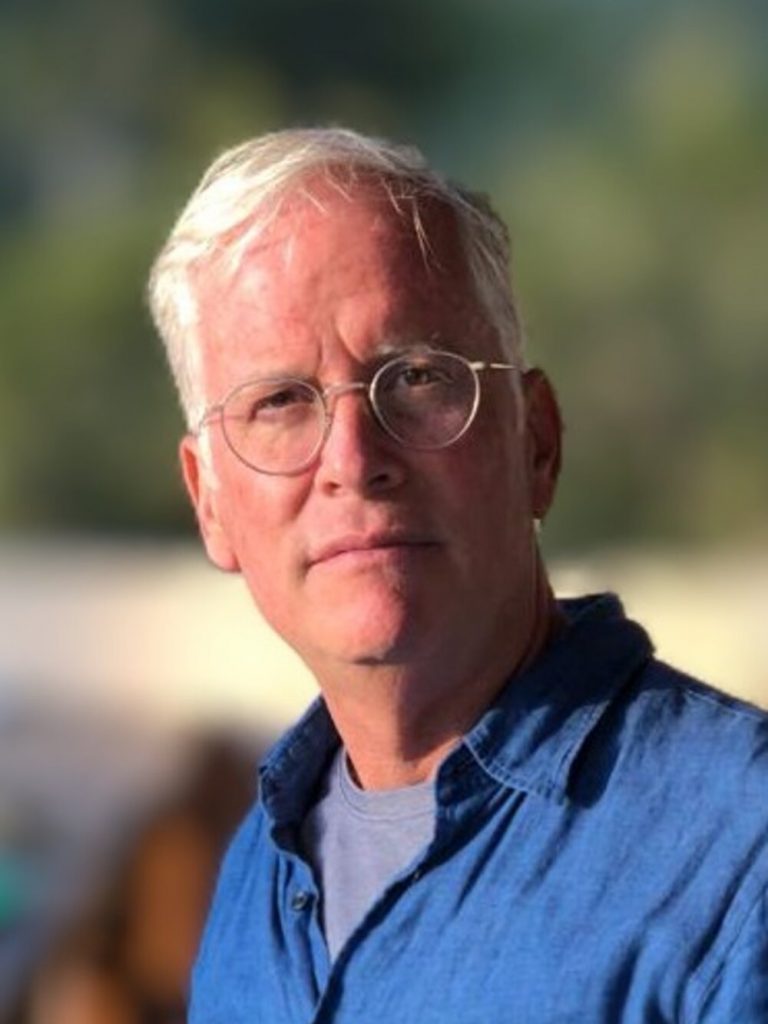
Photo: E. Bucker
-
© Nobel Prize Outreach. Photo: Clément Morin
-
Photo: E. Bucker
Daron Acemoglu
There are vast differences in prosperity between nations. One important explanation for this is persistent differences in societal institutions. By examining the various political and economic systems introduced by European colonisers, Daron Acemoglu, together with Simon Johnson and James A. Robinson have been able to demonstrate a relationship between institutions and prosperity. They have also developed theoretical tools that can explain why differences in institutions persist and how institutions can change. Daron Acemoglu participates with a pre-recorded video.
Read more here.
Christopher Castle
Christopher Castle is Director of the Division of Peace and Sustainable Development Education Sector at UNESCO Headquarters in Paris. He has more than 30 years of development experience in the areas of education and health, working at UNESCO since 2004. After holding a position at UNESCO’s International Institute for Educational Planning, he transferred to UNESCO Headquarters where he served as Chief of the Section of Health and Education until November 2022, before taking on his current role as Director of the Division for Peace and Sustainable Development. Mr. Castle holds a BS in International Studies and French from The American University, and an MSc in International Relations from the London School of Economics.
-
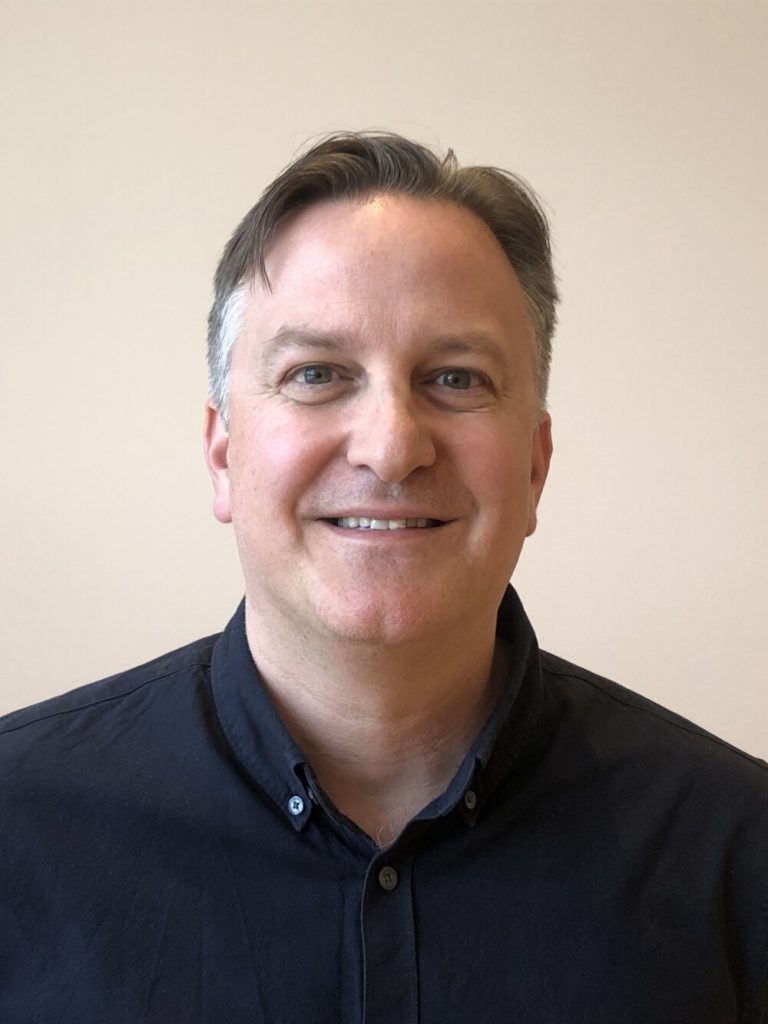
Photo: Anna Nylander
-
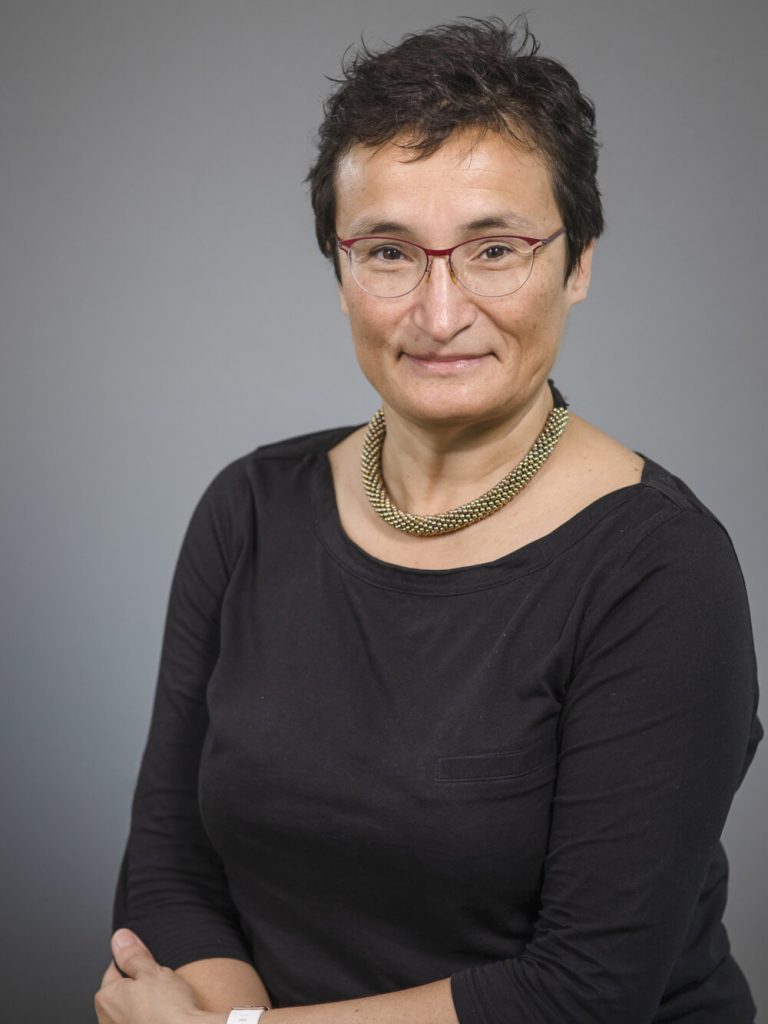
Photo: Umeå universitet/Mattias Pettersson
-
Photo: Anna Nylander
-
Photo: Umeå universitet/Mattias Pettersson
Mathias Demetriades
Mathias Demetriades, Sida (Swedish International Development Cooperation Agency) has worked with education related to different aspects of sustainability, as a teacher, coordinator, project leader and not the least as an author of educational materials for Plan International, UNDP, WWF etc. He has also organised many training programmes in international contexts. Mathias has long experience with sustainability in the private sector but even longer background in the public sector and civil society. He has trained Swedish teachers and teacher trainers in education for sustainable development for over 17 years. He was part of Sida’s The Global School Programme for many years.
Virginia Dignum
Virginia Dignum is a Professor of Responsible Artificial Intelligence at Umeå University, where she leads the AI Policy Lab. In addition to her academic role, she serves as a senior advisor on AI policy to the Wallenberg Foundations and chairs the ACM’s Technology Policy Council. She earned her PhD in Artificial Intelligence from Utrecht University in 2004 and was named a Wallenberg Scholar in 2024.
Dignum is a member of the Royal Swedish Academy of Engineering Sciences (IVA) and a Fellow of both the European Artificial Intelligence Association (EURAI) and the European Laboratory of Learning and Intelligent Systems (ELLIS). Her expertise is widely recognized, as reflected in her roles with several international organisations: she is a member of the Global Partnership on AI (GPAI), UNESCO’s expert group on AI recommendations, and OECD’s Expert Group on AI. She also co-chairs the World Economic Forum’s Global Future Council on AI and is a founder of ALLAI, the Dutch AI Alliance.
Previously, Dignum contributed her knowledge to the United Nations Advisory Body on AI and the EU’s High-Level Expert Group on Artificial Intelligence. She also played a key role in developing UNICEF’s guidance on AI and children. Her upcoming book, The AI Paradox, is set to be published in 2025.
-
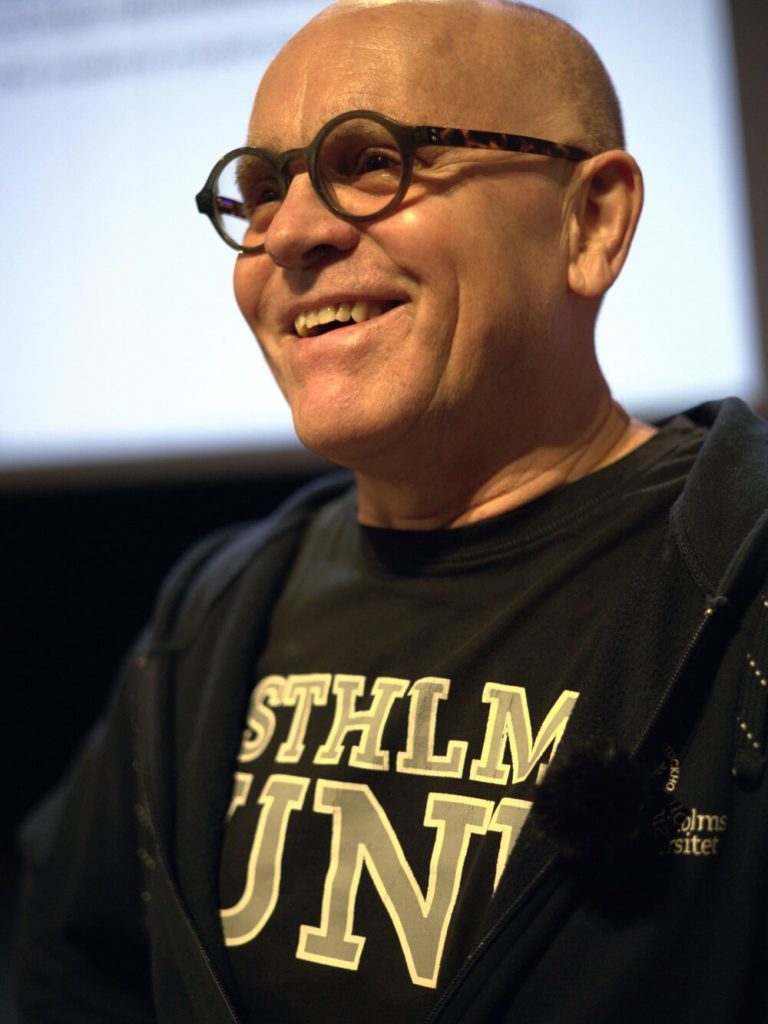
Photo: Adam Jakobsson
-
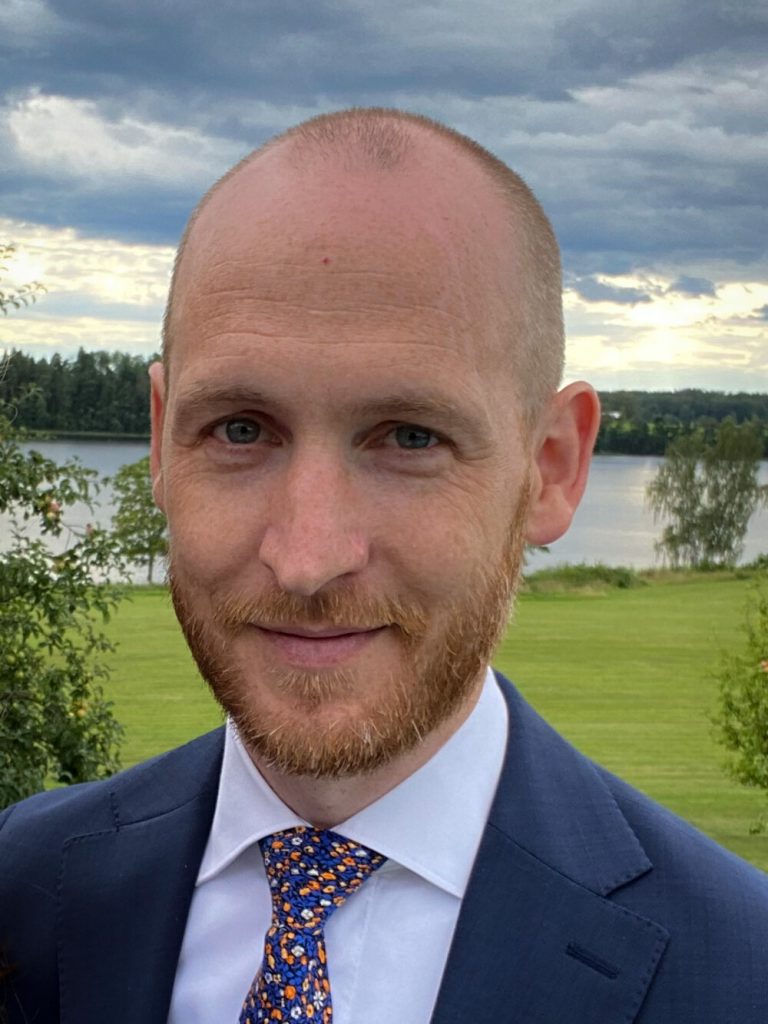
Photo: Marianna Hudson
-
Photo: Adam Jakobsson
-
Photo: Marianna Hudson
John Hassler
John Hassler is Professor of Economics at the Institute for International Economic Studies at Stockholm University.
He obtained his Ph.D. in Economics from MIT in 1994. Hassler has been teaching subsequently at Stockholm University and his research has covered areas of dynamic public finance, social mobility, growth and climate change. His work has been published in the top five economics journals, American Economic Review, Econometrica, Journal of Political Economy and in many other international journals.
John Hassler is Chairman of the Committee for the Prize in Economic Sciences in Memory of Alfred Nobel from 2025, and has been a committee member since December 2009 apart for one year. He was the Chairman of the Swedish Fiscal Policy Council 2013-16 and is a member of the Royal Swedish Academy of Sciences and of the Royal Swedish Academy of Engineering Sciences. Hassler is advisor to many government agencies and to the Swedish Minister of Finance.
Alexander Hudson
Dr Alexander Hudson is a Senior Adviser in the Democracy Assessment Unit of International IDEA’s Global Programmes in Stockholm. As part of the team that produces the Global State of Democracy Indices and Global State of Democracy Report, he contributes to International IDEA’s data collection, analysis and visualization work. Prior to joining International IDEA in 2021, he was a researcher at the Max Planck Institute for the Study of Religious and Ethnic Diversity in Göttingen, Germany. He has also worked at the University of Texas at Austin, the Comparative Constitutions Project, and the Centre for International Governance Innovation. His scientific research has been published in leading peer-reviewed academic journals, and by Cambridge University Press.
-
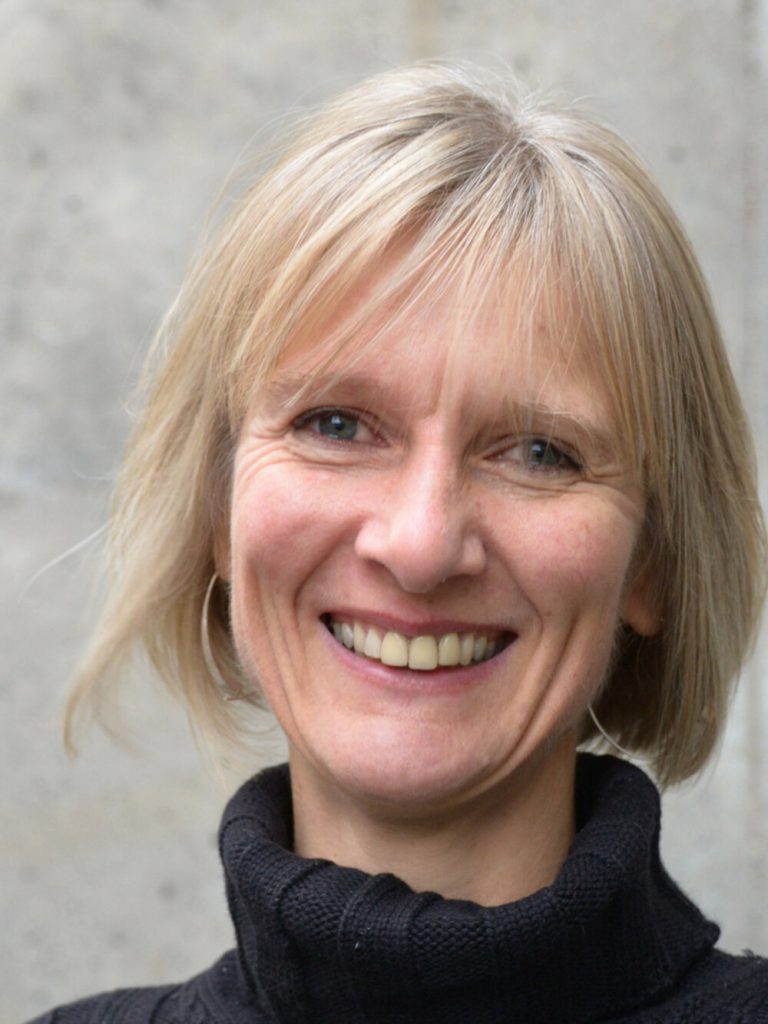
Photo: MF vitenskapelig høyskole
-
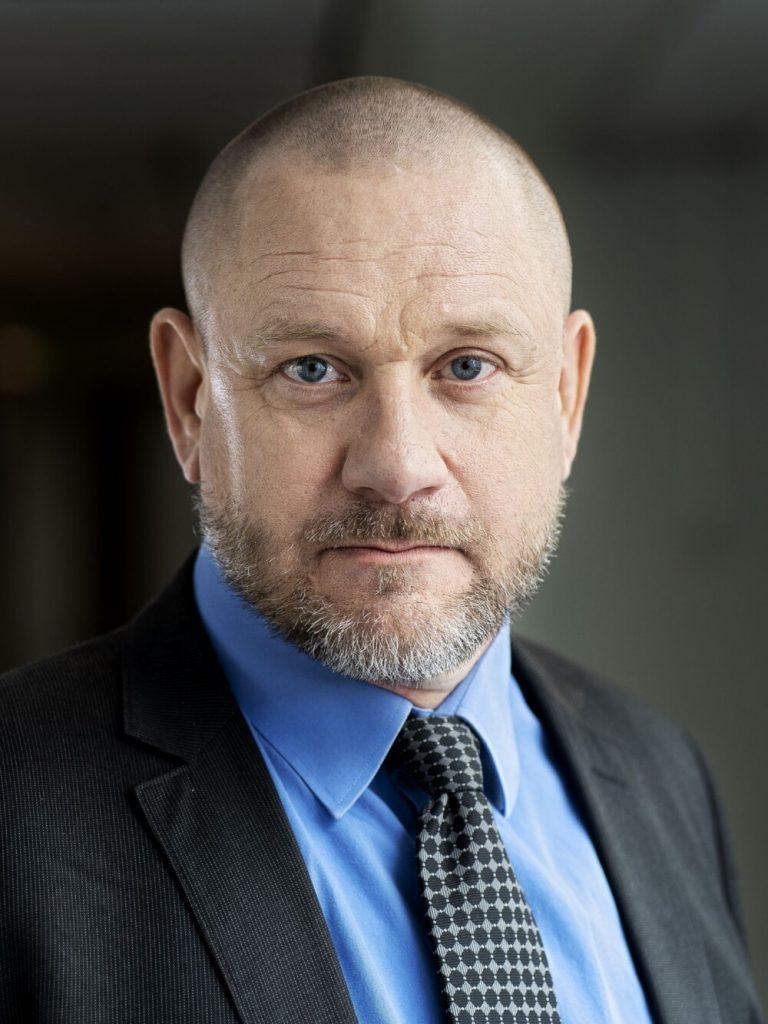
Photo: Johan Wingborg
-
Photo: MF vitenskapelig høyskole
-
Photo: Johan Wingborg
Claudia Lenz
Claudia Lenz is professor in social science at the Norwegian School of Theology, Religion and Society, where she holds a chair in prevention of antisemitism and racism. She also works as a research professor at the Centre for Studies of Holocaust and Religious Minorities in Oslo. Her fields of teaching and research are prevention of group focused enmity in education, education for democratic citizenship and the role of memory culture and historical consciousness in history didactics. She is co-founder of Dembra (Democratic readiness against racism and antisemitism), and has led Dembras teacher education branch since 2017.
Staffan I. Lindberg
Staffan I. Lindberg is Professor of political science and Director of the V-Dem Institute at the University of Gothenburg, founding Principal Investigator of Varieties of Democracy (V-Dem), founding Director of the national research infrastructure DEMSCORE, ERC Consolidator, Wallenberg Academy Fellow alumni, co-author of Varieties of Democracy (CUP 2020), Why Democracies Develop and Decline (CUP 2022) as well as other books, and some 70 articles on issues such as democracy, elections, democratization, autocratization, accountability, clientelism, sequence analysis methods, women’s representation, and voting behavior.
Lindberg is currently leading several large research projects, including “Failing and Successful Sequences of Democratization”, “Varieties of Autocratization”, and “The Case for Democracy”, and also has extensive experience as consultant on development and democracy, and as advisor to international organizations, ministries, and state authorities.
-
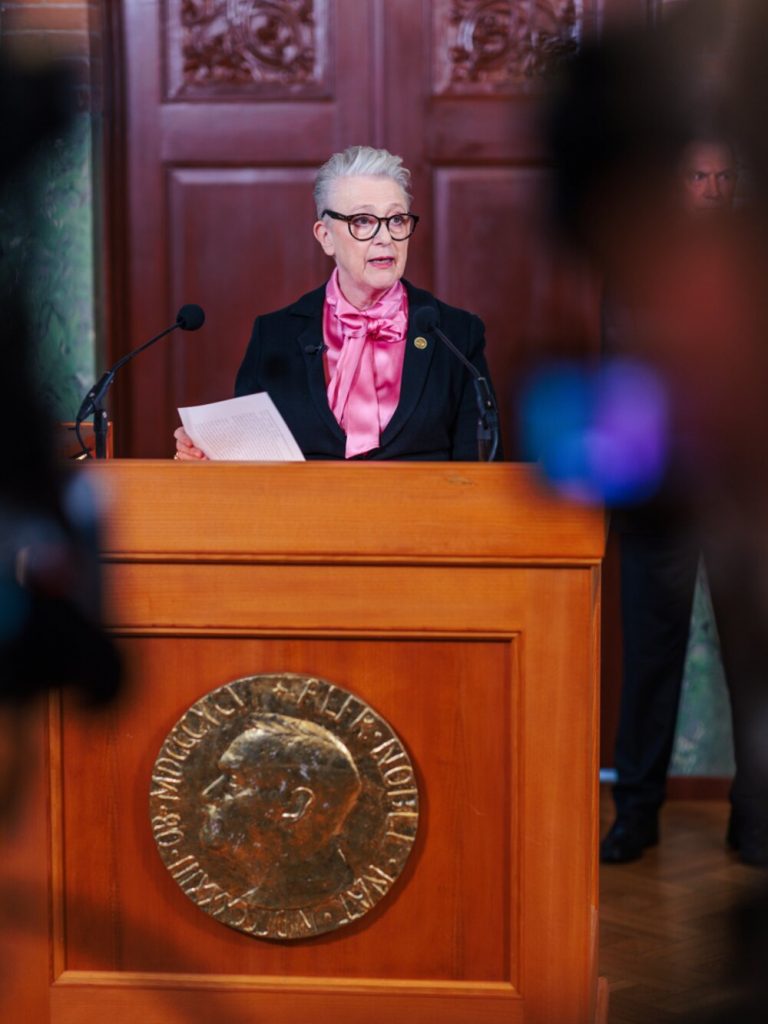
Photo: Geir Anders R. Ørslien
-
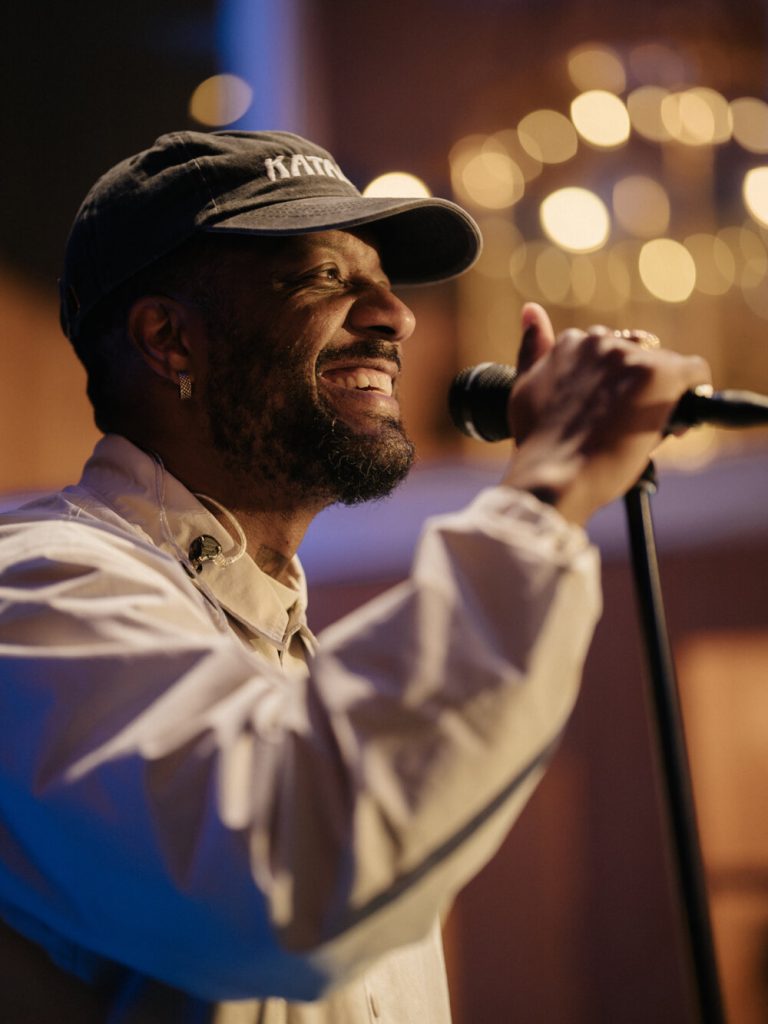
© Nobel Prize Outreach. Photo: Clément Morin
-
Photo: Geir Anders R. Ørslien
-
© Nobel Prize Outreach. Photo: Clément Morin
Berit Reiss-Andersen
Berit Reiss-Andersen is a Norwegian lawyer with the right to appear before the Supreme Court. She served as chair of the Norwegian Nobel Committee from 2017 to 2023 and has been a board member of the Nobel Foundation since 2014. She was first elected to the Nobel Committee in 2011 and became its chair in 2017.
Berit Reiss-Andersen has been a lawyer for more than 40 years litigating thousands of cases. She has had an engagement for rule of law and human rights issue. She has been Deputy Minister of Justice 1996/97 and president of the Norwegian Bar Association among many other commitments. She currently left her legal practice to work for the Norwegian Red Cross as a Special Advisor.
Beyond her legal and political career, she has co-authored two crime novels with former Minister of Justice Anne Holt, showcasing her interest in legal storytelling and criminal justice. Throughout her career, Reiss-Andersen has been deeply engaged in issues related to law, justice, and human rights, playing an active role in international discussions on peace, democracy, and security.
Adam Taal
Adam Taal is one of Sweden’s most influential artists and a leading voice in the fight against racism and the promotion of diversity. Under his former stage name Adam Tensta, he had a major breakthrough in 2007 with his Grammy-winning debut album It’s a Tensta Thing, followed by extensive tours across Europe, North America, and Africa. He has performed in over 40 countries and opened for global icons like Rihanna, Jay-Z, and Snoop Dogg.
Beyond his music career, Taal has been deeply involved in social advocacy, collaborating with organisations such as UNICEF, SOS Children’s Villages, and the organisation Friends, which combats bullying. He has also served as an ambassador for Fatta Man, an initiative challenging harmful masculinity norms. In 2018, he founded Framåt, a music entrepreneurship program for young people. His lectures cover topics like diversity, activism, and entrepreneurship.
In 2016, Taal became a father and released Svart Bäbis (“Black Baby”), a song dedicated to Black children growing up in Sweden. Now, after eight years since his last album, he is set to release a deeply personal new record—a tribute to his late mother, Katarina. With this new chapter, he is also stepping forward under his real name, Adam Taal, signaling a fresh start both artistically and personally.
Alongside the album release, Taal is launching Katarina Cup, Sweden’s first music and table tennis festival, aimed at engaging young people from marginalised communities.
-
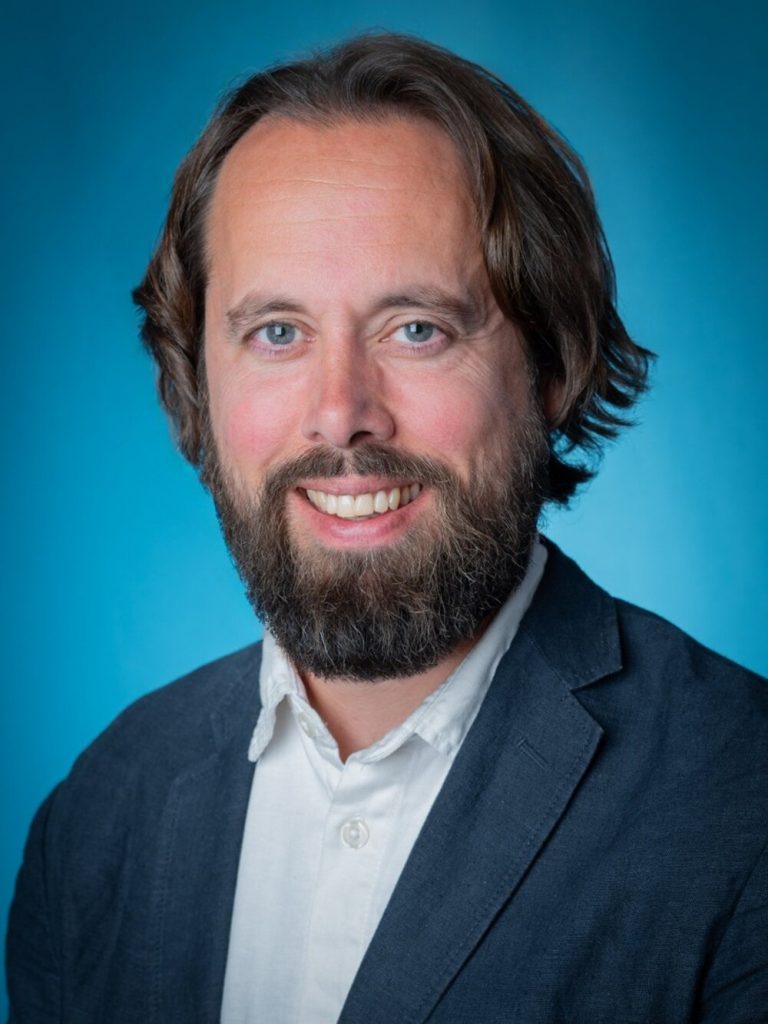
Photo: Ewa Malmsten
-
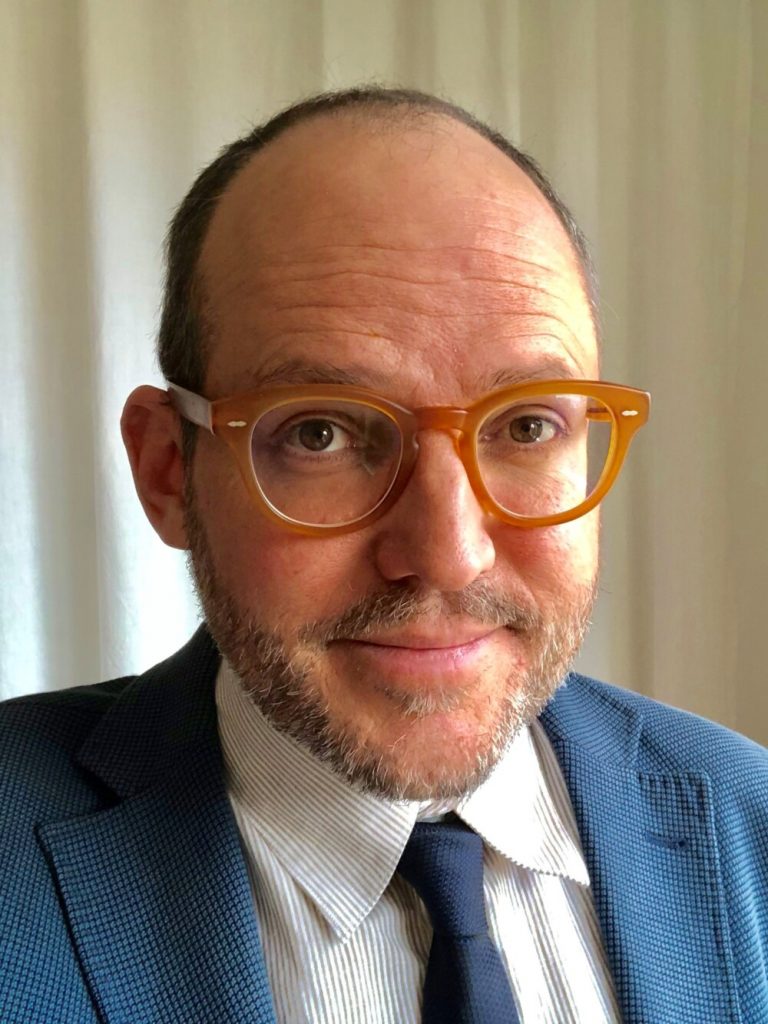
Photo: Hugo Wester (private)
-
Photo: Ewa Malmsten
-
Photo: Hugo Wester (private)
Pontus Wallin
Pontus Wallin is a researcher and project manager at the Swedish Institute for Educational Research. He has managed several systematic research reviews on topics such as learning democracy, critical thinking in civic education, individualized adult education and equitable conditions for learning. He previously worked as head of international large-scale assessment at the Swedish National Agency for Education with responsibility for conducting studies such as the International Civic and Citizenship Education Study in Sweden. He holds a PhD in political science and teaches courses in comparative and international politics.
Hugo Wester
Hugo Wester is a Government Official and Education Policy Advisor, specialising in citizenship and civic education, anti-discrimination and bullying prevention, inclusive education, and student voice. As former History and Social Sciences teacher, Wester has worked with education policy since 2009. He serves as Sweden’s expert in the Council of Europe’s Education Policy Advisor Network and participates in the EU Commission’s Working Group on Citizenship and Inclusive Education. Wester has also been commissioned by the Council of Europe to implement a digital course on Competences for Democratic Culture (RFCDC) in the Nordic countries. He has held positions at the Living History Forum (Holocaust Centre), the Swedish National Agency for Education, and the Swedish Ministry of Education and Research.
-
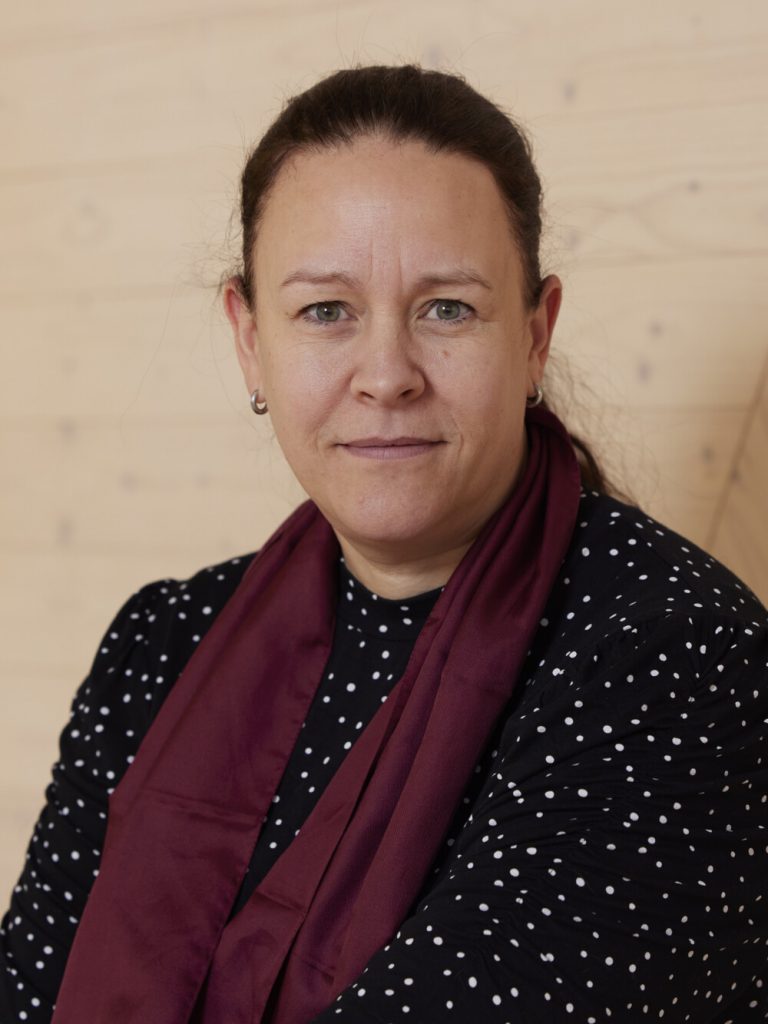
Photo: Johan Olsson
-
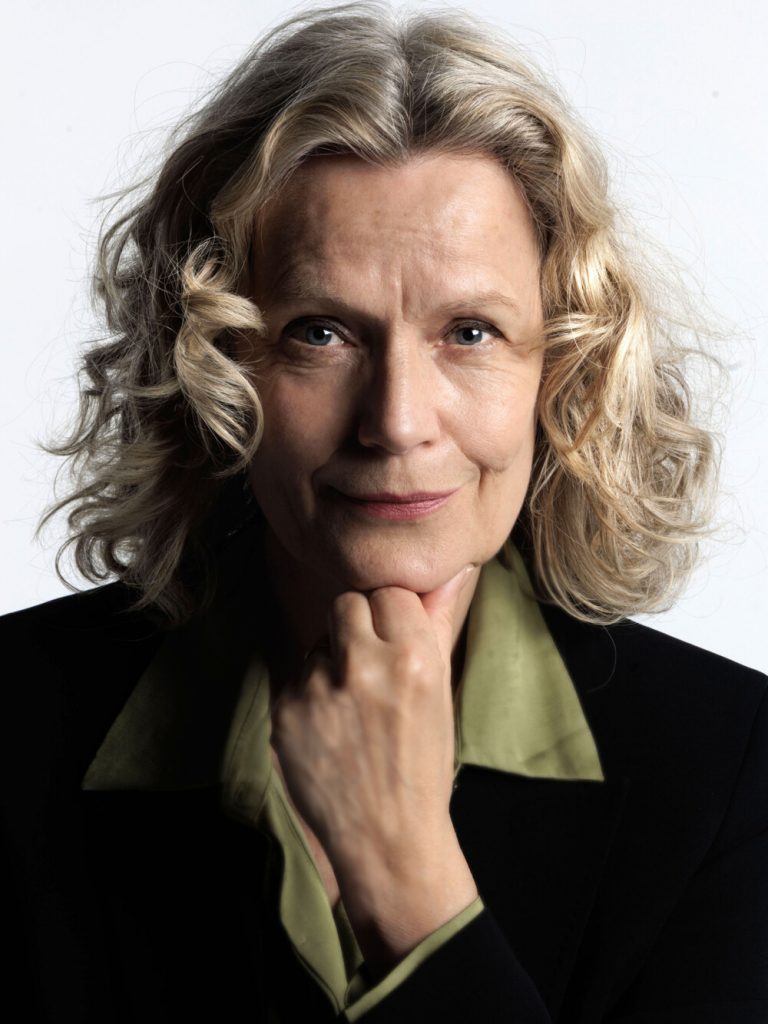
Photo: Roger Turesson
-
Photo: Johan Olsson
-
Photo: Roger Turesson
Maria Wetterstrand
Maria Wetterstrand has a background in Swedish politics, as a member of the Swedish Parliament 2001-2011. She was the spokesperson of the Swedish Green Party and one of Sweden’s most popular politicians. After her political career, she has worked as a consultant on strategic sustainability and EU affairs, since 2017 at the consultancy Miltton.
Åsa Wikforss
Åsa Wikforss is a Professor of Theoretical Philosophy at Stockholm University, with a PhD from Columbia University, and does research in the intersection of philosophy of mind, language and epistemology. She has led a large interdisciplinary research program on the nature and causes of knowledge resistance, funded by Swedish Riksbankens Jubileumsfond. She is the author of two popular books on democracy and the post-truth condition, Alternativa Fakta (2017) and Därför Demokrati (2021), that have been translated into many languages and received several prizes. With the publication of her popular books she has become an important voice in Sweden and beyond, with countless public appearances. Wikforss is a member of Academia Europaea, the Swedish Royal Academy of Science and the Swedish Academy.
-
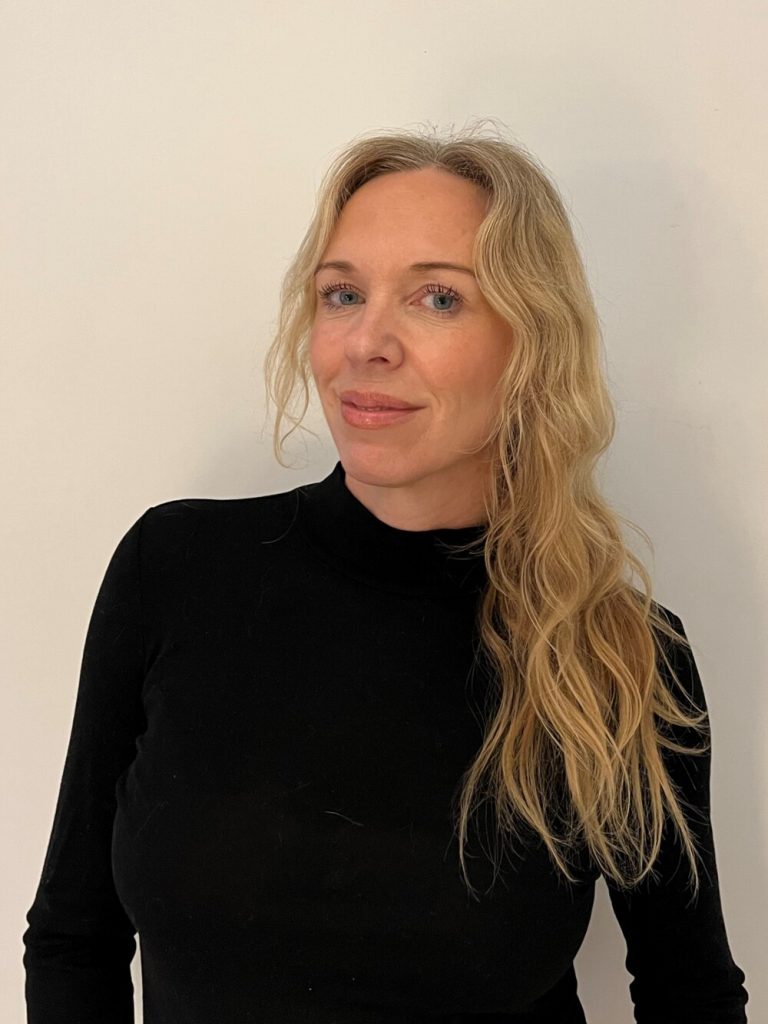
Photo: Stella Årman Hardaker
-

-
Photo: Stella Årman Hardaker
Karin Årman
Karin Årman is a researcher and practitioner at the Living History Forum, where she focuses on enhancing democratic engagement and human rights education within schools and public educational institutions. She holds a Ph.D. in Educational Work, with her doctoral thesis examining the manifestation and management of controversial issues in a Swedish school situated in a post-industrial town. Since 2020, she has been conducting workshops and delivering lectures on the topic of controversial issues in educational settings. Her work places particular emphasis on students’ perspectives and aspirations regarding these sensitive subjects.
